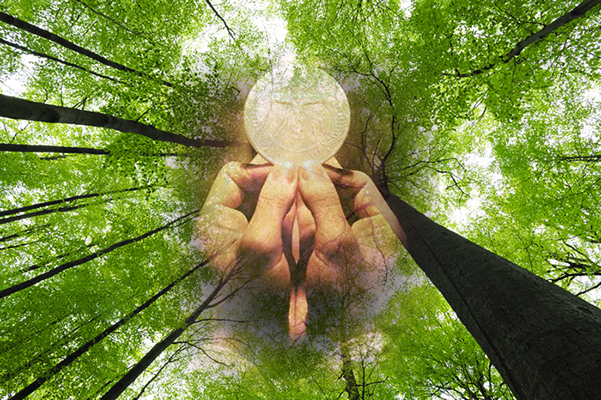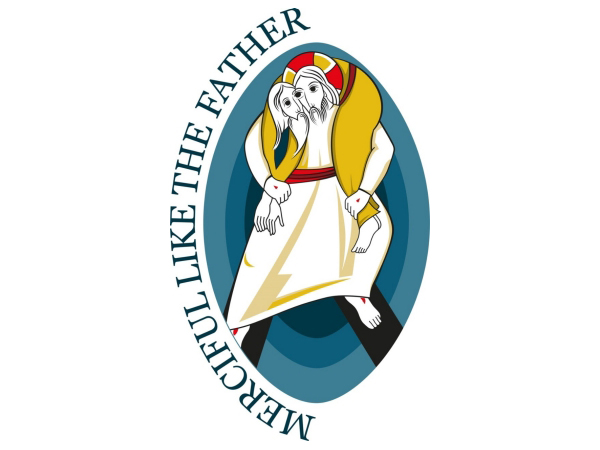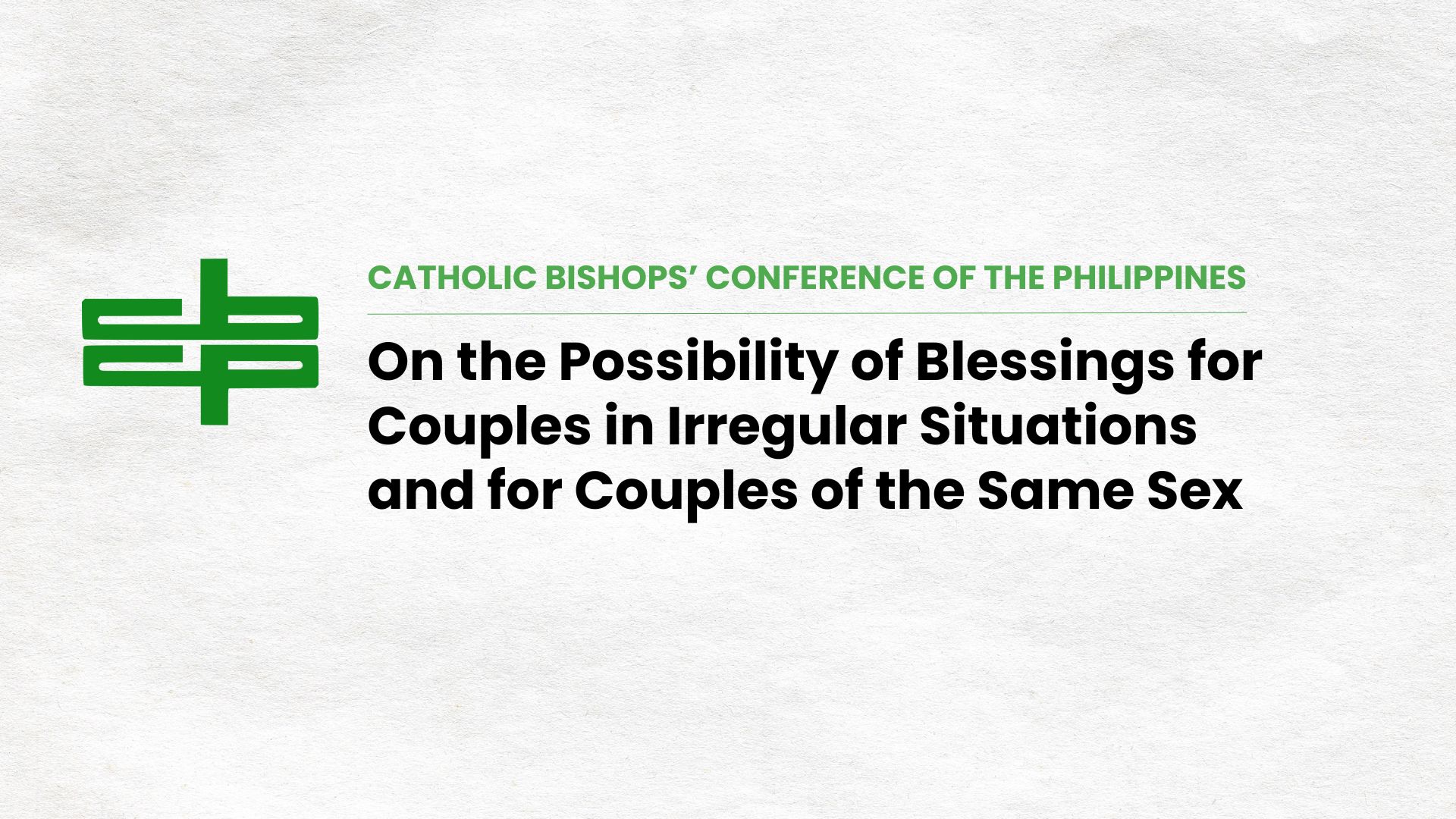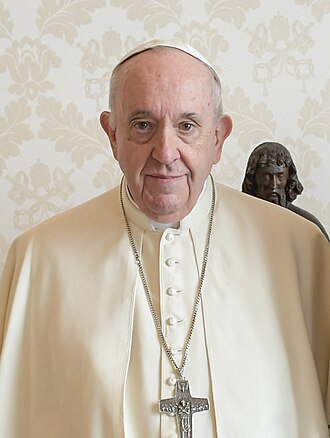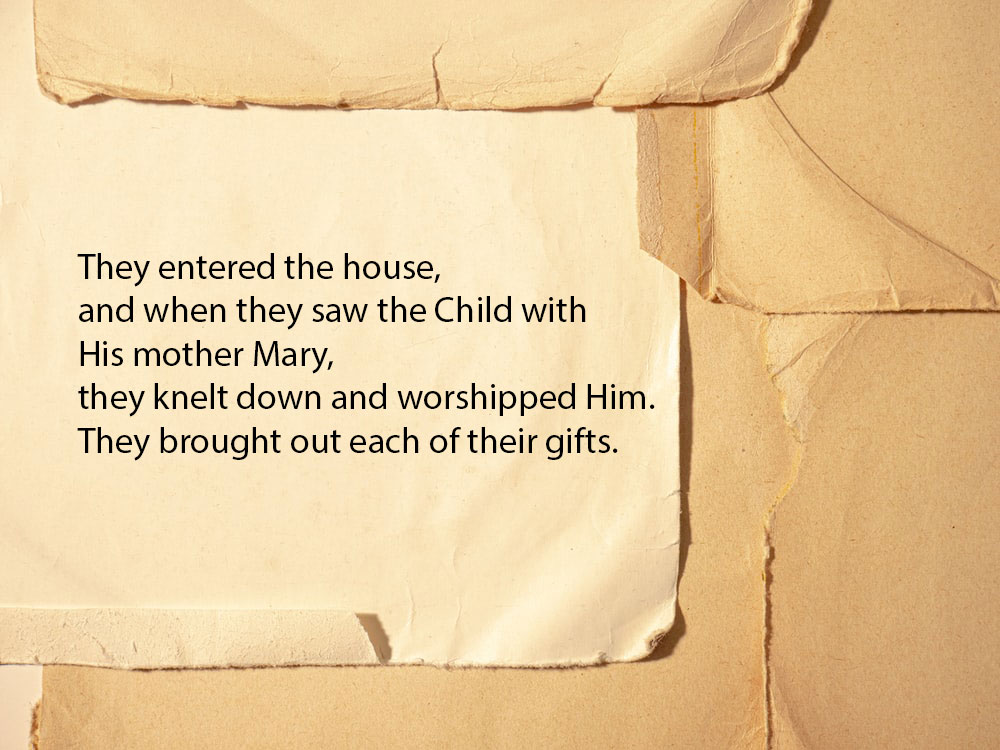by Jaazeal Jakosalem, OAR
“The Sacraments are a privileged way in which nature is taken up by God to become a means of mediating supernatural life. Through our worship of God, we are invited to embrace the world on a different plane. Water, oil, fire and colours are taken up in all their symbolic power and incorporated in our act of praise.” (Pope Francis, Laudato Si’, #235)
In Harmony of Life
Our creation story ‘in essence’ affirms the harmony of life, (LS, #70). We connect life and faith as we celebrate the sacraments, it is beyond the celebration of symbols, where the celebration becomes life itself.
Can we connect faith, people & planet? From a concrete faith experience, there is indeed a connection. The early ritual celebrations of our ancestors were done and communicated through indigenous nature-praising, ethnic cultural chanting, or in ways that connect community, environment and belief.
Celebrating our faith demands the maximization of images – water as the cleansing instrument in Baptism; bread and wine in the Eucharist; ‘mercy’ thru the forgiving representation of the priest in Confession; oil with multiple functions as healing for the sick and as expression of consecration. Making the natural images as sacramental signs, as vehicle in the celebration of faith – thus, enabling the ‘natural’ harmony of life. “The ideal is not only to pass from the exterior to the interior to discover the action of God in the soul, but also to discover God in all things.” (LS, 233). The call to restore creation, is a call to restore in all things – wounded by our anthropocentric view of the world.
The experience of celebrating the Eucharist in many cultural traditions, unfolds ‘interconnectedness’ of life. Everything is interconnected, and this invites us to develop a spirituality of that global solidarity which flows from the mystery of the Trinity. (LS, #240). “Everything is related, and we human beings are united as brothers and sisters on a wonderful pilgrimage, woven together by the love God has for each of his creatures and which also unites us in fond affection with brother sun, sister moon, brother river and mother earth.” (LS, 92) We admire celebrations of eucharistic experience adapted by some of our priests, giving ‘ecological values’ in the many symbols of the Mass, not alienating people but making them participate ‘in the source and summit’ of the liturgical experience. From here we speak of ‘inculturation’ popularized by our liturgists in the early 60′s until its full inception in the 1990′s. And it has still a lot of areas to be discovered on how it should be fully celebrated in a specific cultural situation.
Our own adaptation of the ‘western’ way of celebrating the Eucharist should not impede us to celebrate more meaningfully the liturgy. In the Philippine context, we still insist on wearing the ‘formal’ dress code in participating the mass; while there are areas around the globe where people celebrate the mass wearing their traditional cultural dress (with headress, even in full regalia weaved by their own hands and with a lot of cultural meanings). And they don’t speak of and disagree on ‘inculturation’ – they lived by it. Such a local experience of eucharistic life, made us reflect that this can be a vehicle of preserving cultural life and not just influencing it by a foreign liturgical experience.
Creation as a sign of Grace
The beginning of life is a moment of grace. It flows from the life of God to the life of creation, life then is not exclusive of God – thus, life is given to us. “The universe unfolds in God, who fills it completely.” (LS, #233)
The Eucharist, is a sign of ‘giving’ prior to the crucifixion of Jesus. In fact, its celebration enables the apostles ‘to understand’ sacrifice, attaining the piece-meal lesson of the paschal mystery. It is a continuous unfolding of both the mystery and manifestation of grace. “One Person of the Trinity entered into the created cosmos, throwing in his lot with it, even to the cross.” (LS, #99). Our own experience of participating in the ‘Eucharistic communion’ enables us to celebrate the life of Jesus, of being offered and shared. The transforming effect then becomes our own transformation in the way we actualizes our faith – service to the church and for the people.
This flows from Eucharistic experience of life to a fruitful liturgical experience. The bread and wine are ‘fruits of the earth’ – it is not just a form of prayer but the matter itself, not artificial but the real bread and wine; their absence constitutes invalidity of the celebration of the sacrament. The ‘process of creation’ is evident in both the baking of the flour (bread) and the fermenting of the grapes (wine):” Blessed are you, Lord, God of all creation. Through your goodness we have this bread to offer, which earth has given and human hands have made. It will become for us the bread of life. Blessed are you, Lord, God of all creation. Through your goodness we have this wine to offer, fruit of the vine and work of human hands. It will become our spiritual drink.” (From the ‘Offertory’ of the Mass). The real manifestation of grace is the reality of experience of Jesus’ life present in the bread and wine. Not as a memorial but of a transforming reality of faith “in which nature is taken up by God.” (LS, #235)
Pope Francis gave a very human image of Jesus, saying “Jesus worked with his hands, in daily contact with the matter created by God, to which he gave form by his craftsmanship.” Reflective of the enduring presence of a truly human identity of a saviour, in touch with life and of the simple ‘humanity’ of his people; the meaning then of the sacrament is simply touching base – this is what makes it a sign.
How can we bring the transforming presence of Jesus in the day-to-day struggle of our people? Laudato Si’ speaks too of the reality of the ordinary struggles of our people – that their rights be respected and they be given dignity in this ‘materialistic, capitalistic and technocratic’ world which are putting the lives of our many Filipino brothers and sisters in the peripheries of oppression. The ‘eucharistic experience’ is a starting point of our reflection, the biblical readings of the liturgy creates an atmosphere of struggle, the life of Jesus as graced moments of sacrifice and the homily is the transformation from historical life of struggle to a faith-act reality of both social and ecological experience. “… all the creatures of the material universe find their true meaning in the incarnate Word, for the Son of God has incorporated in his person part of the material world, planting in it a seed of definitive transformation.”
Shared Life of Jesus
In nature and in person he shared his life with us. “The Lord was able to invite others to be attentive to the beauty that there is in the world because he himself was in constant touch with nature, lending it an attention full of fondness and wonder.” (LS, 97). The celebration of the sacrament is a meaningful actualization of the shared life of Jesus – living and present in our midst. “It is in the Eucharist that all that has been created finds its greatest exaltation.”(LS, 236)
“In the Eucharist, fullness is already achieved; it is the living centre of the universe, the overflowing core of love and of inexhaustible life.” (LS, 236) The sharing of his life, is an expression of his absolute presence; meaningfully understood as the fullness of his redeeming ‘love.’ This love then, is fully expressed in creation – “Creation is of the order of love. God’s love is the fundamental moving force in all created things: “For you love all things that exist, and detest none of the things that you have made; for you would not have made anything if you had hated it” (Wis 11:24).” (LS, 77)
Jesus lived in the midst of poverty. “by enduring the toil of work in union with Christ crucified for us, man in a way collaborates with the Son of God for the redemption of humanity” Poverty is a symbolic representation of destruction. Cry of the earth, cry of the poor; recent discussions on Laudato Si’ centered on the impact of environmental degradation on the lives of people in poor communities. Our failure to connect the reality of the suffering humanity in the midst of environmental destruction is a failure of reflecting It certainly is a celebration how the brokenness of Creation, healed by Jesus’ redeeming love in Creation.
Fully understood in the celebration of the Mass, Jesus – offered, shared and celebrated the fullness of his presence. “ The Eucharist is also a source of light and motivation for our concerns for the environment, directing us to be stewards of all creation.” (LS, 236)
Post Credit: CBCP News


